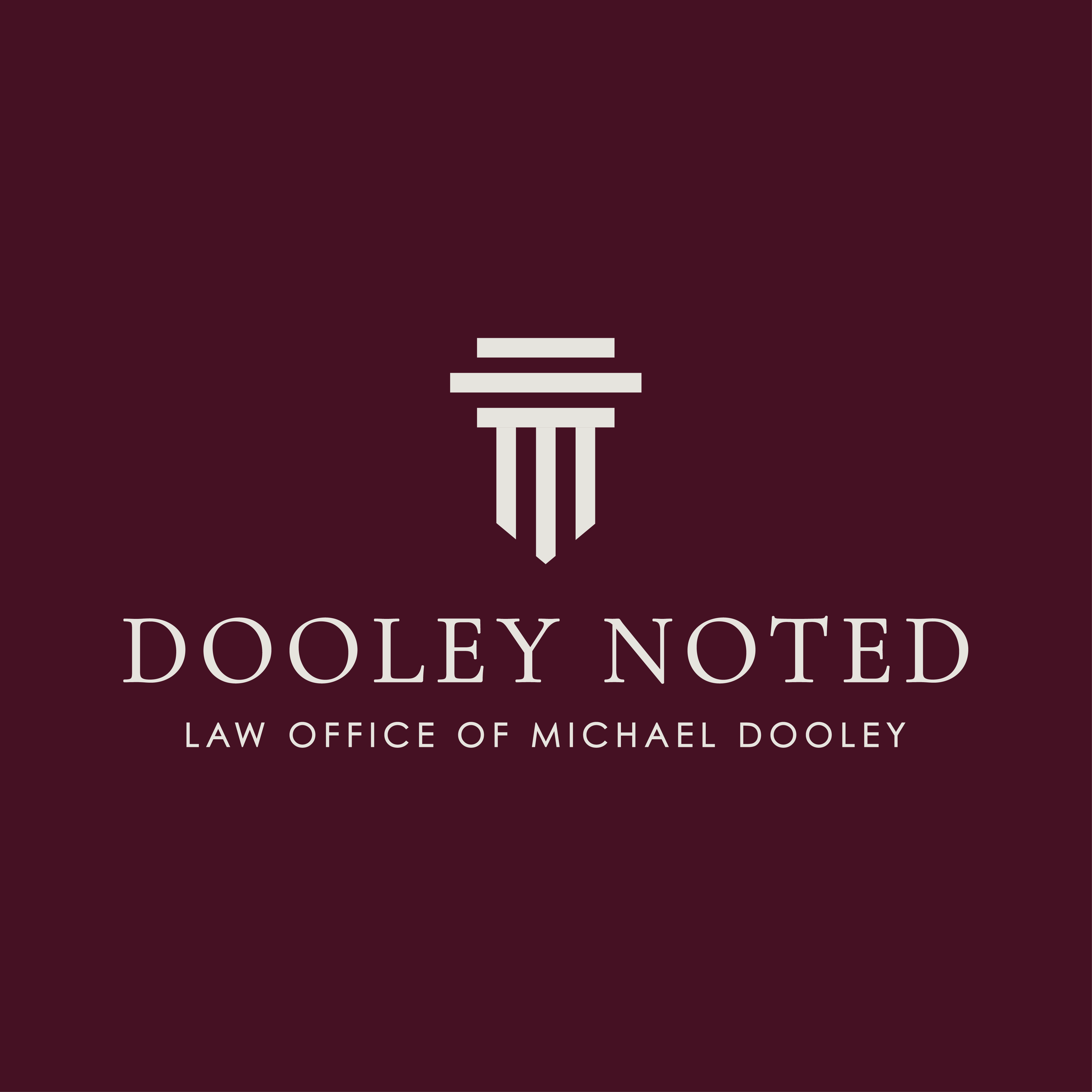Did you know you could start, grow, or recover your small business with SBA loan assistance? The Small Business Administration (SBA) offers a variety of funding programs to assist small business needs. For example, funding programs include grants, microloans, express loans, and disaster relief.
Ultimately, the main goal of the SBA is to help small businesses get financing. They offer small business loans through various lending partners. This article will discuss how the SBA helps small businesses access these loans. Also, it will discuss the various SBA Loan Assistance programs. Specifically, the article covers the SBA’s most popular loans and disaster assistance loans.
How the SBA Helps Small Businesses Get Loans
For the most part, the SBA doesn’t actually give out loans itself. Instead, it guarantees loans offered by other institutions. This makes the loans less risky for the lender. Essentially, this guarantee makes it easier for lenders to approve loans for small businesses. It also enables small businesses to have easier access to capital.
Additionally, the SBA provides guidelines and support to ensure that the loan is used in a way that will benefit the small business. These guidelines protect both the lender and the business owner. Ultimately, the SBA connects the dots from lending partners to loans to small business owners. As a result, this increases the number of small businesses who have access to loans.
Types of SBA Loan Assistance for Small Businesses
The SBA provides a variety of loan programs to help small businesses get the financing they need. The three main types of loans offered by the SBA are 504 loans, microloans, and 7(a) loans. Whatever your business needs may be, the SBA likely offers a specific loan that can help you get the financing you need.
504 Loan
This loan is best for businesses looking to finance major capital investments, such as real estate or equipment. Typically, the SBA offers 504 loans for larger projects such as equipment purchases or real estate development. The SBA guarantees these loans and offers low interest rates and long repayment terms. However, they can be difficult to qualify. Additionally, these loans may require collateral.
Microloans
These loans are designed for very small businesses and startup companies. They have a maximum amount of $50,000. Small businesses use these smaller loans for a variety of purposes, including working capital, inventory, or startup costs. Additionally, these loans usually have shorter repayment terms than 504 loans. Often times, small businesses easily qualify for these loans compared to others. However, they typically have higher interest rates.
7(a) Loans
SBA 7(a) loans are the most common type of SBA loan. Business owners use the loans for a variety of purposes, such as working capital, inventory or equipment purchases, business acquisition financing, or refinancing debt. A 7(a) loan has a maximum amount of $5 million but the factors of eligibility depend on who the business receives the income from, where the business operates, and the credit history of the business.
SBA Loan Assistance for Disaster Relief
While the SBA typically does not actually give out loans directly, it does offer direct funding to businesses or homeowners recovering from a declared disaster. Businesses of all sizes in a declared disaster area are eligible for disaster assistance loans from the SBA. Check out this database to find out if you’re in a declared disaster area.
The SBA offers disaster assistance in the form of low-interest loans for physical and economic damage caused by major disasters or emergencies declared by the president. If you are thinking of applying for a small business loan, it is important to know how the SBA defines disaster and how that affects you and your small business.
According to the SBA, disaster is “an unforeseen combination of circumstances that causes serious damage to a business, rendering it unable to continue operating as usual.” This includes civil unrest and natural disasters such as hurricanes, flooding, wildfires creating uninsured losses of more than 40 percent to at least 25 homes or businesses.
Ultimately, these loans can be used to repair or replace damaged property, as well as operating expenses that were lost in the disaster. Small businesses can use these disaster loans for losses not covered by insurance or to acquire funding for operating expenses that could have been met if the disaster had not occurred.
Physical Damage Loans
These loans cover repairs and replacement due to the damage caused by a declared disaster.
Mitigation Loan
This loan covers the operating expenses of the small business after a declared disaster.
Military Reservist Loan
These loans are for small businesses that have lost an essential employee who is a military reservist called to active duty.
Economic Injury Disaster Loans (EIDL)
These loans are available to small businesses and private non-profit organizations that have suffered substantial economic injury as a result of a declared disaster, but are still able to operate. They can be used to cover working capital expenses, such as payroll and inventory. Learn more about how to apply for an EIDL.
Benefits of SBA Loans Available for Small Businesses
SBA offers competitive terms, counseling, education, and other unique benefits for small businesses using their loans, such as:
- Low Interest Rates: The maximum interest rate that SBA can charge is four percent per year.
- Long Repayment Terms: Depending on the purpose of the loan, borrowers may have up to 30 years to repay an SBA loan.
- Free Training: The SBA provides free counseling and training to small business owners.
- Confidentiality: All information discussed between the counselor and the small business owner is confidential.
The SBA also offers a variety of educational resources for business owners to grow and develop their skills as entrepreneurs. These resources include planning and marketing training for small businesses. Visit the SBA website learning center for more information on the course they offer.
Make the Right Choice for Your Small Business
It is important to be aware when it comes to deciding on and accepting a small business loan. Do not get pressured into accepting a loan especially when you see these red flags: high interest rates and high fees (specifically more than 5 percent of loan value). Make sure the lender shows you the full payment schedule and the annual percentage rate. Also, get everything in writing.
Shop around and look for competitive offers. Also consider speaking with a Texas business lawyer, financial planner, or accountant before you sign your next loan.
It is always best to consult with a business attorney prior to signing any legal documents.
Why Hire a Texas Business Lawyer
A Texas business lawyer can provide you with the necessary guidance, review documents and contracts, and protect your legal rights and interests if a dispute should arise. Business lawyers in Texas also help resolve employee issues, such as drafting employee handbooks or investigating sexual harassment claims. If you are starting a new business, a business lawyer can help you select the best financial resources and help you decide on the right business loan for you and your business. A Texas business lawyer can also help you find a loan that’s most fitting to your business and even navigate the application process and serve as a representative for counsel if questions arise in the process.




